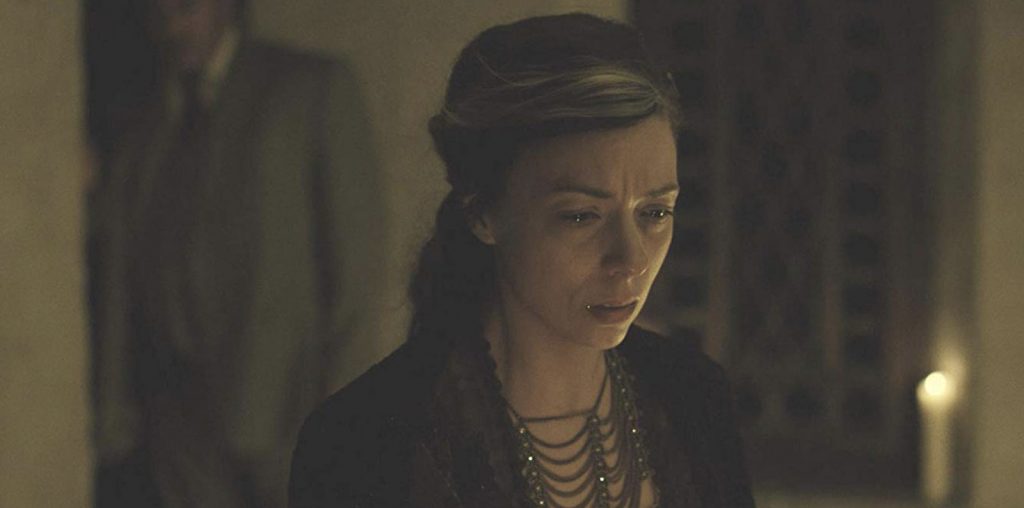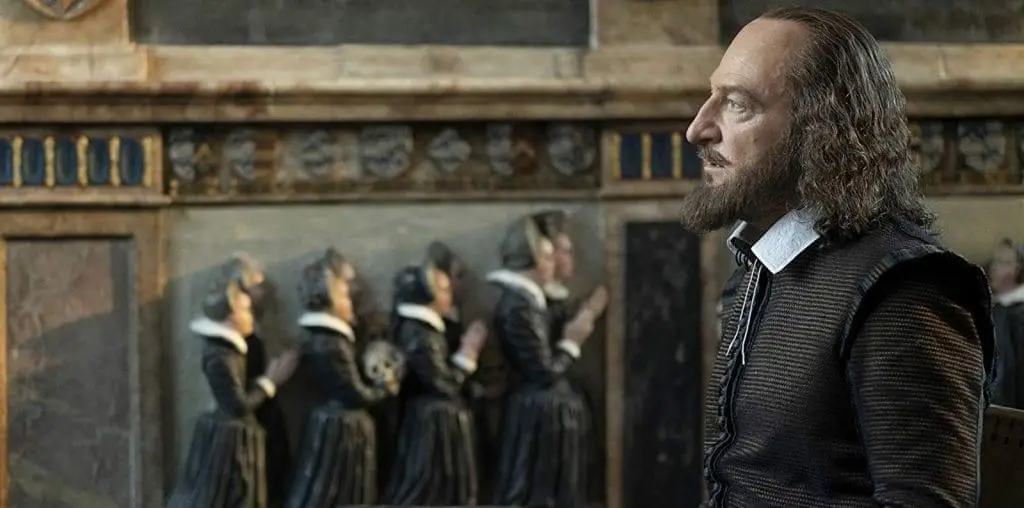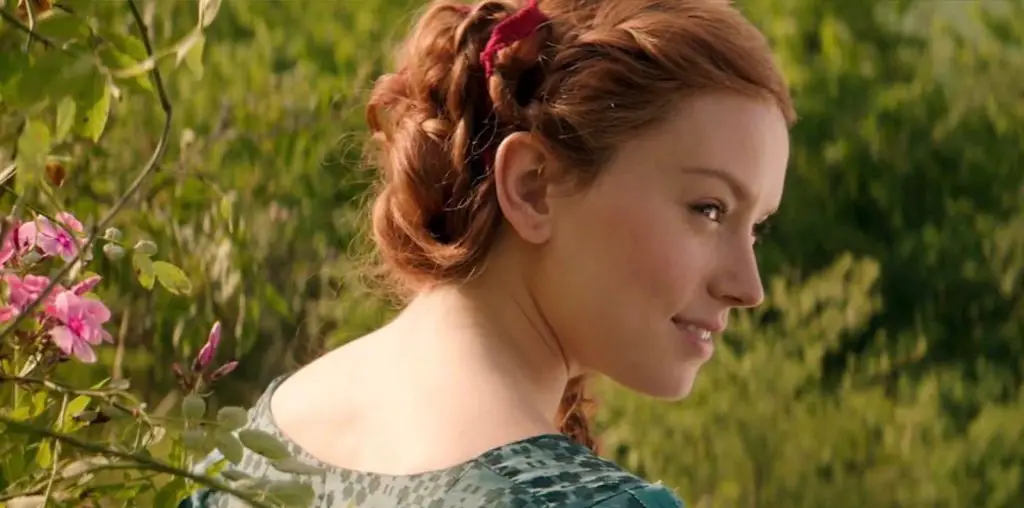
There’s an important question that lies at the heart of The Seven Sides of Shakespeare, one it seems director Tom Miller and writer-star Shamrock McShane did not ask themselves before adapting the one-person play: outside of those living in and familiar with the local stage scene in Gainesville, Florida, who will care about the Bard’s words as filtered through a schoolteacher’s life? Based on this documentary, though I am wary about calling it that, the answer is probably very few people.
See, The Seven Sides of Shakespeare, which was entirely shot on an iPad (except for a drone shot), is called that because McShane filters his life through his seven Shakespeare parts, starting with his first role at the age of 22. From there, the words of the famed playwright and McShane’s life begin to merge, as he projects traits from his roles into his personal life and parts of his crumbling life imbue his stage persona with more gravitas. The works of William Shakespeare that are examined, for lack of a better word, are Romeo and Juliet, Hamlet, Macbeth, The Tempest, Twelfth Night, The Tragedy of Julius Caesar, and A Midsummer Night’s Dream, not necessarily in that order. And that is it, for nearly 2 hours. McShane recites famous lines and speeches while going over his life at the time of said play.

“…the words of the famed playwright and McShane’s life begin to merge…”
With that out of the way, let’s start with the positives. Shamrock McShane is a dynamic actor in possession of amazing range. When the bombastic style gets out of his way, the schoolteacher captivates the audience with fun, mischievous interpretations of famed characters that highlight a deep understanding of the words and intent behind Shakespeare’s writings — something McShane goes out of the way to attribute to others who helped him out in his career.
On the technical side of things, Miller composes several gorgeous shots on the beach and in empty theaters (this was shot during quarantine). Even more impressive is the absolutely stellar sound design, enveloping the viewer into the world of words as was the man from Stratford-upon-Avon’s intent. The way the music and the monologues build upon each other adds to the intensity of what is being said.
However, that is not enough. For as good an eye for composition Miller has, he resorts to cringe-worthy antics that make the whole production feel like the last, desperate gasp of a student about to flunk out of film school. At one point, Miller superimposes a bust of Julius Caesar as McShane recites passages from the play. It is gaudy and dumb, cheapening the whole affair for forced style. The Seven Sides of Shakespeare is filled with such chintzy, awkward moments that make anyone watching reach for the stop button.

"…a deep understanding of the words and intent behind Shakespeare's writings..."


